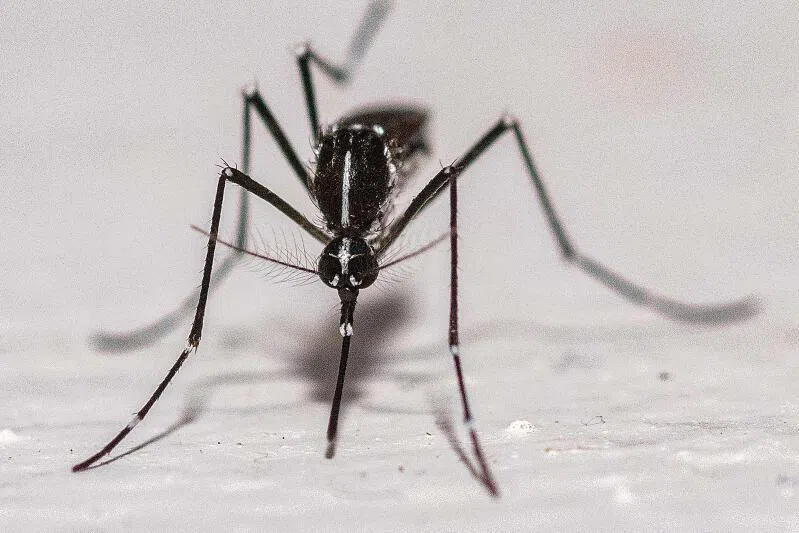Mosquitoes discovered in Iceland for the first time
Sign up now: Get ST's newsletters delivered to your inbox

Along with Antarctica, Iceland has long been one of the few places on earth without a mosquito population.
PHOTO: AFP
REYKJAVIK – Mosquitoes have been discovered in Iceland in a first for the island nation, which has long been one of the world’s mosquito-free places, a researcher told AFP.
Three Culiseta annulata mosquitoes, two females and one male, were sighted around 30km north of the capital Reykjavik, according to Dr Matthias Alfredsson, an entomologist at the Natural Science Institute of Iceland.
“They were all collected from wine ropes... aimed at attracting moths,” he said in an e-mail on Oct 20, referring to a method of adding sugar to heated wine and dipping ropes or strips of fabric into the solution, which are then hung outside to entice the sweet-toothed insects.
Along with Antarctica, Iceland has long been one of the few places on earth without a mosquito population.
“It is the first record of mosquitoes occurring in the natural environment in Iceland. A single Aedes nigripes specimen (arctic mosquito species) was collected many years ago from an airplane at Keflavik airport,” Dr Alfredsson said, adding that “unfortunately, that specimen is lost”.
Their presence could “indicate a recent introduction to the country, possibly via ships or containers”, he said, but further monitoring in spring would be necessary to determine their further spread.
Rising temperatures, longer summers and milder winters, all brought on by climate change, create a more favourable environment for mosquitoes to thrive.
But Dr Alfredsson did not believe that a warmer climate explained the discovery.
The species “appears to be well adapted to colder climates”, which “allows them to withstand long, harsh winters when temperatures drop below freezing”, he said.
He added that its “diverse breeding habitats... further enhances its ability to persist in Iceland’s challenging environment”. AFP


